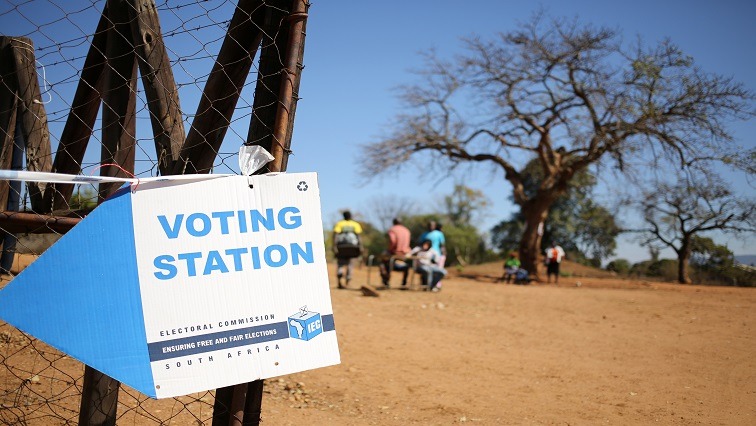Small businesses and landlords have started feeling the weight of the affordable housing levy after the Kenya Revenue Authority (KRA) clarified they will pay 1.5 percent of rent and gross sales, raising the risk of higher leasing costs and product prices.
In an advisory, the KRA clarified that landlords will pay 1.5 percent of rent received and not net of the landlord incomes after deduction expenses like mortgage and property management fees.
The taxman also informed small businesses, whose annual sales range between Sh1 million and Sh25 million, that it will take the levy from their gross sales and not operating profitshitting micro enterprises like barber shops, corner shops and motor garages.
Affordable Housing: What Kenyans feel about the initiative Hinga: How housing levy will help workers benefit at the expense of employersThis has raised the prospect of the micro firms and landlords increasing product prices and rent respectively as they transfer the levy to consumers and tenants.
Implementation of the controversial levy, which was initially applied to salaried employees only, was paused in February as the government worked on changes to include the informal sector as directed by the High Court.
Affordable Housing LevyFor clarity, AHL (Affordable Housing Levy), will be charged at the rate of 1.5 percent on the gross income received or accrued, reads the advisory dated May 6, 2024.
This includesgross rental income, gross receipts (amount chargeable to turnover), and other sales, before subjecting the same to VAT (value added tax).
Nikhil Hira, a tax expert, said putting a housing levy on rental income is misplaced.
A lot of rental income goes to pensioners. Adding to their tax seems unfair, said Hira.
An official at the KRA, who is not allowed to speak to the media, said property owners who show that they have already paid the housing levy as employees will not have their rental income subjected to the housing tax again.
Currently, the KRA expects small businesses with sales of between Sh1 million and Sh25 million to pay a turnover tax of three percent on the gross turnover.
On their part, property owners receiving rental income of between Sh280,000 and Sh15 million pay a monthly rental income of 7.5 percent on gross rent income, which means without deducting expenses or losses.
Rent prices are likely to go up as landlords pass on the additional expense to their tenants, aggravating the already high cost of living among residents.
The property market has for a while remained subdued due to what some analysts have described as a saturated market that has seen property prices drop.
Small businesses, which employ over 85 percent of Kenyans, have also decried the inflationary pressures owing to increased taxes and prices of such inputs as fuel.
Informal sectorThe KRA has for long tried to cast its net wider to the informal sector, but has struggled to get more taxpayers because the businesses do not have permanent establishments.
In December last year, a three-judge bench dealt a blow to President William Rutos plan to build cheap houses for Kenyans who do not own homes by declaring the housing levy unconstitutional for being discriminatory and creating unequal principles.
This forced the government to come up with the Affordable Housing Act 2024 which extends the 1.5 percent housing levy to any person receiving an income.
All employees, whether on permanent and pensionable terms or contract-based engagements, started contributing to the Affordable Housing Fund in July 2023, when the Act came into force.
The decision by the Court to declare the levy unconstitutional angered President Ruto, who said the judgement was aimed at derailing his campaign promise of creating jobs for the millions of unemployed youths and providing decent shelters for Kenyans living in slums.







